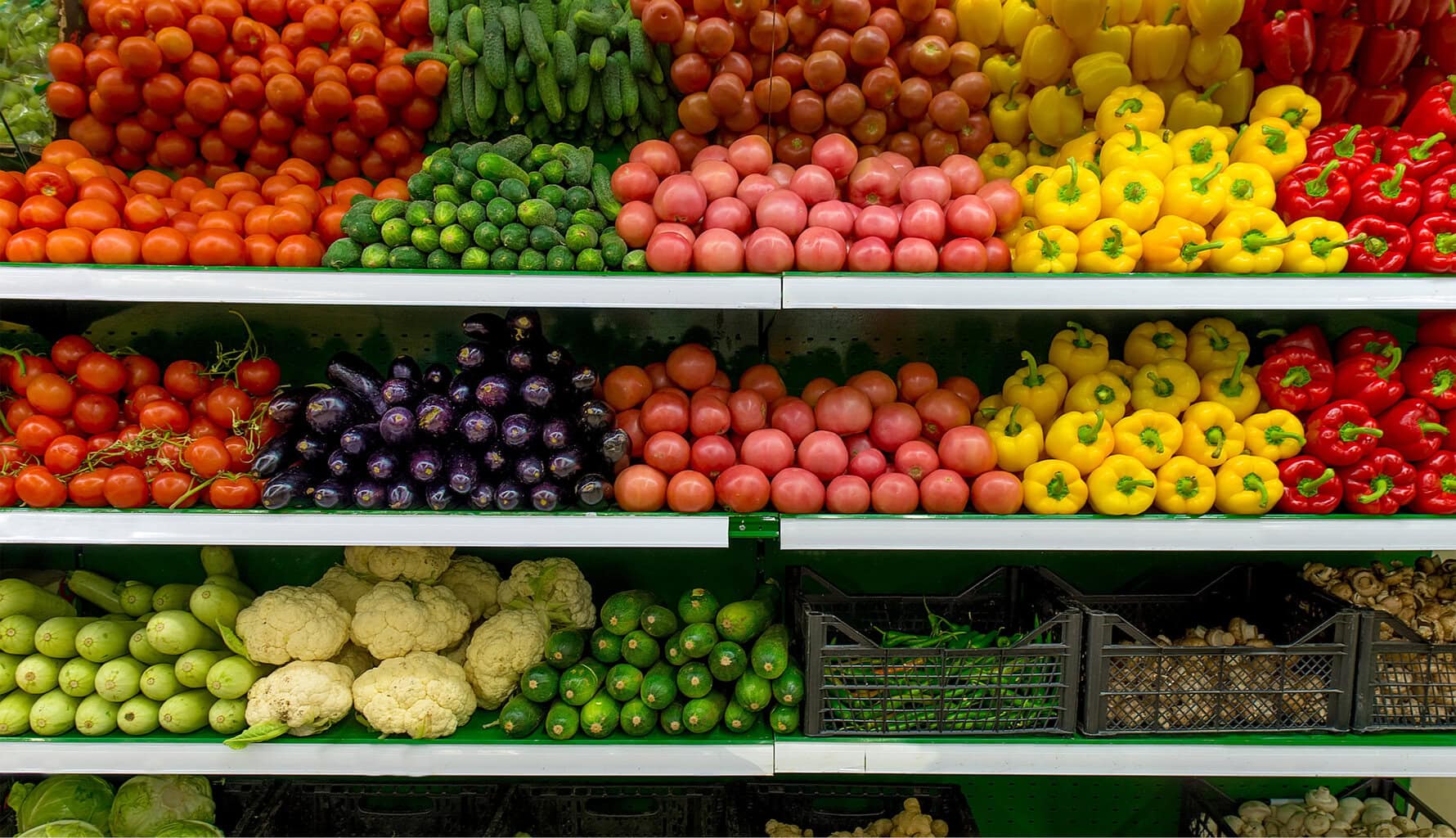Industry Q&A: The Market for Healthy Snacks
by CEO Marc S. Cooper
John LeVert and I recently discussed trends John is seeing in the booming better-for-you snack sector, and the recent Mars / Kellanova mega-deal.
John, in mid-August Mars announced plans to purchase Kellanova, a Kellogg’s spin-off known for several iconic snack brands such as Cheez-It, Pop-Tarts, Rice Krispies Treats, NutriGrain and RXBAR, for $36 billion. As someone who keeps a keen eye on the food & beverage industry, what’s the importance of this acquisition?
The Mars / Kellanova deal is a landmark deal in snacking. This transaction further validates the attractiveness of the space and its enduring growth opportunities. It follows the company’s 2020 acquisition of KIND Snacks for $5 billion and its nearly simultaneous acquisition of better-for-you bar brand Nature’s Bakery, a transaction where I served as the sell-side advisor prior to joining Solomon.
The Kellanova deal is the largest packaged foods company purchase since Mars bought Wrigley for $23 billion in 2004. There is clearly an increased appetite for snack foods both in terms of acquisitions and consumers’ tastes and evolving preferences.
How do you perceive the shift in consumer eating habits, particularly toward snacking?
It’s fascinating, Marc. Many consumers were raised on three square meals a day. However, as we’ve evolved our understanding of health and nutrition, there is greater awareness of the benefits of intermittent fasting and snacking.
There has also been a sizeable increase in demand for better-for-you snacks, as consumers seek to avoid certain ingredients or highly processed options.
Additionally, the convenient portability of snacks aligns with the on-the-go lifestyles of many consumers today. For example, there has been a proliferation of snack bars over the last decade. We’ve also observed broadened appeal and tremendous growth in protein-rich meat snacks, particularly better-for-you meat sticks, which are taking share from conventional jerky products. Recently, we advised FATTY Smoked Meat Sticks – one of the fastest-growing brands in this attractive category – on its highly strategic sale to snack leader, Conagra Brands.
How has this shift impacted the food & beverage categories?
The growth in snacking is enduring and has outpaced that of many other food & beverage categories. Companies have been innovative, offering great-tasting snacks that cater to health-conscious consumers as well as those looking for indulgence. Snacks that are fun and provide joy to consumers will continue to stand out from the pack and generate strong consumer loyalty.
Evolving consumer preferences in snacking have created numerous opportunities for emerging better-for-you snack brands. These brands can scale quickly if they deliver fantastic taste; are committed to using high-quality clean ingredients; articulate a captivating story/mission; and are sold at a compelling price point. Meanwhile, contract manufacturers of many of these brands have also benefited from the secular growth in snacking.
Variety seems to be a key factor in snacking. Can you elaborate on that?
Absolutely. Consumers love variety. They generally stock their pantries and fridges with a breadth of snacks for various occasions. The recent M&A transactions in snacking by Mars, Conagra Brands and others illustrate their desire to address this opportunity.
While sometimes the consumer is seeking functionality – a source of energy, temporary satiety or to replace a meal perhaps with nuts or other protein-led snacks – the consumer will always reserve space in their diet for indulgences. These permissible indulgences can include sweet or savory snacks.
Speaking of indulgences, how do companies capitalize on consumer impulses, especially during festive seasons?
To make it even more tempting for the consumer, many sweet snacks like candy and chocolate are placed at the front of the store to address consumer impulses and prominently featured in other parts of the store to constantly tempt consumers. This is particularly true during holidays, such as Halloween, Easter, Valentine’s Day, Hanukah, and Christmas.



